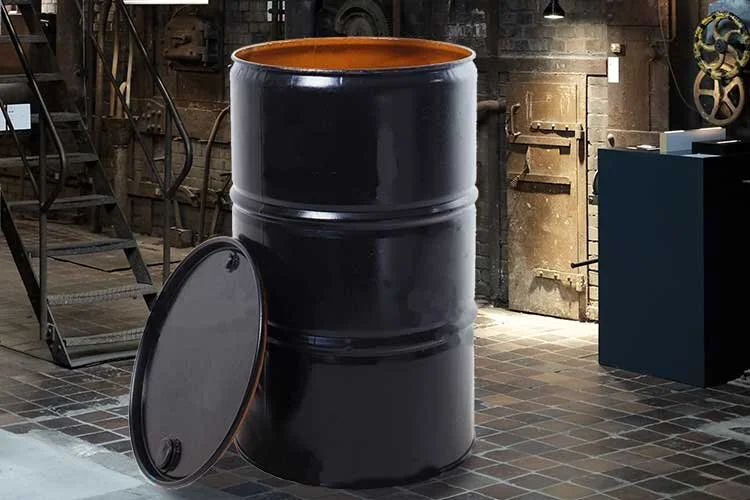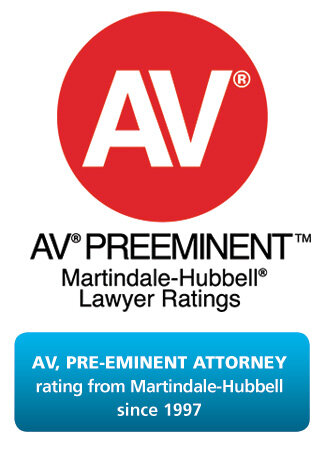Use of Employee Buyout Association to Buy
Profitable Subsidiary
Restructured as Democratic/ Co-op Style ESOP
REPUBLIC CONTAINER CASE STUDY CATEGORIES:
Union Led: USW led initial subsidiary purchase, created slate voting, & rescued from management share sale that hurt company finances
Employee Stock Ownership Plan (ESOP): ESOP retained jobs in small town after corporate divestiture
Effective Employee Participation (Participative Workplace): Active union participation on board of directors
Effective Workplace Democracy (Workplace Democracy): One vote per person on all shareholder issues and allocations limited to highest union pay rate
LTV Steel Corporation's divestiture of its profitable subsidiary, Republic Container, presented Republic Container's employees with an ideal opportunity to buy the company and prevent job loss. Mike Cable, President of the United Steelworkers of America ("USWA") Local 5712, recognized this opportunity and aggressively led a worker buyout effort. As a result, the employees out-bid and out-maneuvered competitors who sought to buy the business. Situated in Nitro, West Virginia, Republic Container was a producer of fifty-five gallon drums used largely by the chemical industry.
In 1985, LTV Steel decided to sell all the companies in its manufacturing division. Many of these companies, including Republic Container, were profitable and had been captive markets for LTV's steel. Unlike many companies acquired by their employees, Republic Container was not threatened with bankruptcy. During its twenty-seven years of operation, Republic Container turned a regular profit making steel barrels for Union Carbide, DuPont, Monsanto, and other customers.
After learning that LTV Steel was seeking a buyer for Republic Container, the local president of the USWA sought information on the sale and competing offers, made the union's interest in the sale known, and organized the employees to form a buyout association. All Republic Container employees, including nonunion workers and the plant's general manager, became members of the buyout association. The State of West Virginia granted $30,000 to the buyout association for consultants to study the feasibility of the employee buyout plan. When the consultants advised that the buyout could succeed, the association then obtained a $61,000 grant from Kanawha County to pay the lawyers, business consultants, and appraisers needed to implement the buyout. The association retained Groban Olson & Associates as counsel and Chuck Jacobs, as business consultant, to represent them in negotiations with LTV Steel and the lenders and help structure the deal. Atty. Deborah Groban Olson also assisted the union and employees establish the buyout association as an entity which involved all employees in decisions about the structure of the ESOP, the new corporation, and the revisions in their compensation package.
In September 1985, sixty-six Republic Container employees purchased the company from LTV Steel. The purchase was accomplished through the use of an employee stock ownership plan, which holds all the stock of the company in a trust for the employees. Stock gave the employees two benefits: voting rights and financial rights. Employees were entitled to vote in the election of the company's board of directors and on other matters resolved through voting. When employees retired, they were paid the value of their shares.
Republic Container's ESOP gave each employee one vote. By creating two classes of stock, voting and nonvoting, only one share of voting stock, with a value set at $1 per share, was allocated to each employee. 3,000 shares of nonvoting stock, with an initial 1985 appraised value of about $475.00 per share, which increased to $575.00 in 1986, to $626.00 in 1987 and to $835.28 per share in 1988 and $1,225 per share in 1992, were gradually allocated to the employees' ESOP accounts over seven years. The amount of nonvoting stock an employee received was based on annual wages not exceeding $22,500 per year. The value of an employee's ESOP stock, however, depends on the fortunes of the company. If Republic Container prospers, the value of the stock is likely to increase. If the company falters, retiring employees may find that the shares in their account are worth less than they had anticipated. At the end of 1992, the typical employee's vested ESOP account was estimated to be worth approximately $72,000.00.
Republic Container employees did not have to make any out-of-pocket payments as part of the purchase or put up personal property as collateral for the loans used to purchase the company. Republic Container was sold for $1,424,000, an amount raised by two loans: $924,000 from the National Bank of Commerce and $500,000 from the West Virginia Economic Development Authority. The Bank of Nitro lent the new company an additional $600,000 for working capital. The loans are being repaid out of company profits over seven years.
As part of the buyout, employees agreed to take a one-year wage adjustment of $1.25 per hour. Union wages after the cut ranged from $9.20 to $11.60 per hour. Wages rose, under the union contract, an average of 42.5 cents per hour each year over four years after the buyout.
In January 1986, Republic Container employees elected their first board of directors. The board has final authority to operate Republic Container and to hire and fire management employees. Due to a compromise reached prior to closing the buyout sale, voting and nonvoting directorships were allotted to certain groups. Among the five voting directors, one represents the lenders, one represents management, and one is a member of the USWA. The only restriction on the other two voting directors is that they cannot be employees of Republic Container. The one nonvoting director must be a member of the USWA.
During its first four months of operation after the buyout, Republic Container cleared a $78,000 profit, higher than that originally projected, and it has been profitable ever since
In sum, the purchase of Republic Container by its own employees demonstrated that organized and knowledgeable employees can successfully purchase a profitable company and increase its profitability while giving employees a strong voice concerning its future direction.
After preserving good jobs in West Virginia for 15 years beyond the time that LTV sought to liquidate it, Republic Container was a casualty of the steel dumping crisis in the 1990s.




